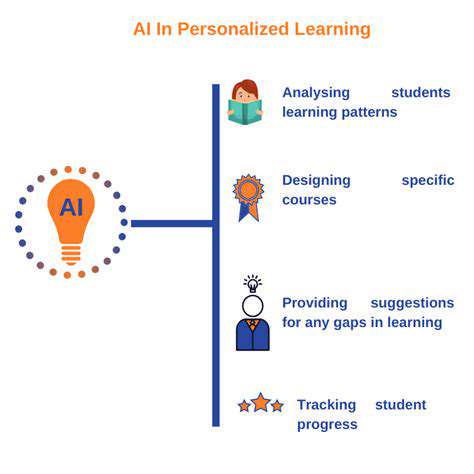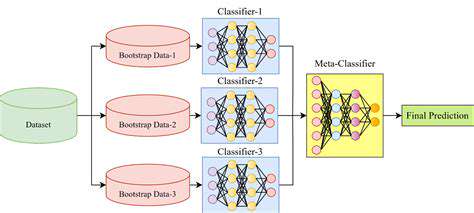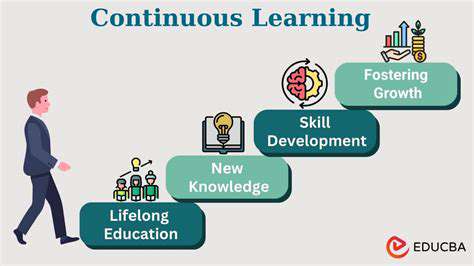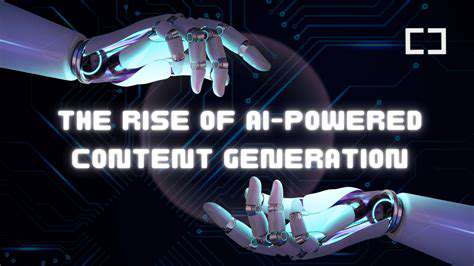Quantum Computing Fundamentals
At the core of quantum computing lies the principles of quantum mechanics, which enable computations far beyond the reach of classical systems. While traditional computers rely on binary bits (0 or 1), quantum systems employ qubits that can simultaneously exist in multiple states through superposition. This fundamental difference allows quantum computers to evaluate countless possibilities in parallel, potentially achieving computational speeds unimaginable with classical architectures.
Quantum entanglement represents another revolutionary aspect of these systems. When qubits become entangled, their states become interdependent regardless of physical separation. This phenomenon enables coordinated information processing across the entire quantum system. Mastering entanglement is absolutely critical for developing functional quantum algorithms that can solve real-world problems efficiently.
Quantum Neural Networks: Architecture and Design
The emergence of quantum neural networks (QNNs) marks an exciting convergence of quantum physics and artificial intelligence. These systems aim to harness quantum mechanical phenomena to create neural networks with capabilities surpassing classical models. QNNs utilize specialized quantum gates that manipulate qubit states, analogous to how traditional neural networks use mathematical operations. These quantum gates form the building blocks for implementing sophisticated learning algorithms at the quantum level.
Quantum Algorithms for Machine Learning
Researchers are actively developing quantum algorithms tailored for machine learning applications. These innovations promise dramatic improvements in feature recognition, pattern classification, and optimization processes. For instance, quantum-enhanced training methods could drastically reduce the time required to develop accurate predictive models. Such advancements could revolutionize fields ranging from pharmaceutical development to financial forecasting, where complex pattern recognition is paramount.
While quantum machine learning remains in its early stages, theoretical frameworks and experimental results indicate enormous potential. Scientific teams worldwide are racing to create novel quantum algorithms that address specific challenges in data analysis and artificial intelligence.
Quantum Advantages and Limitations
The potential benefits of quantum neural networks over classical systems are particularly evident in handling highly complex problems. The parallel processing capabilities enabled by quantum superposition could transform how we approach massive datasets and intricate variable relationships, potentially achieving solutions orders of magnitude faster than conventional methods.
Current quantum systems, however, face substantial technical hurdles. Maintaining stable quantum states (coherence) remains extremely challenging, with environmental interference causing computational errors. Additionally, creating scalable quantum hardware that can support practical applications continues to be a major focus of research. Overcoming these obstacles represents the key to unlocking quantum computing's full potential.
Applications and Future Directions
The practical applications of quantum neural networks span numerous critical industries. In pharmaceuticals, they could dramatically accelerate drug discovery by simulating molecular interactions. Materials scientists could use them to design novel compounds with precisely tailored properties. Financial institutions might employ quantum AI for ultra-precise risk modeling and investment optimization.
The evolution of quantum neural networks depends on three key areas: hardware improvements, algorithmic innovation, and error correction techniques. Progress in these domains will determine when and how quantum AI transitions from laboratory curiosity to practical tool, potentially ushering in a new era of computational capability.
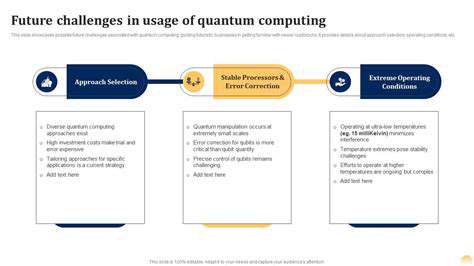
The Impact of Quantum AI on Various Industries
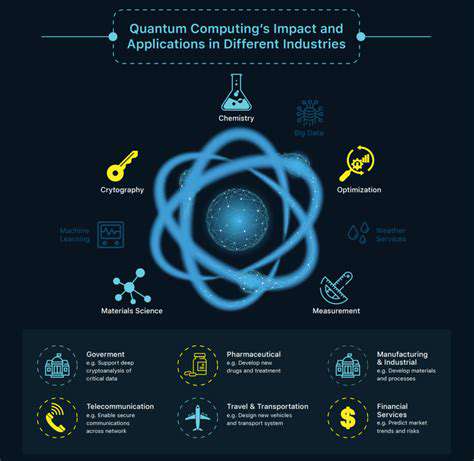
Quantum Computing's Potential in Artificial Intelligence
The intersection of quantum computing and artificial intelligence promises to solve problems currently beyond classical computing's reach. Quantum-enhanced AI could achieve unprecedented sophistication in machine learning models, enabling breakthroughs in accuracy and efficiency across diverse applications. The quantum principles of superposition and entanglement provide inherent parallel processing capabilities, potentially accelerating fundamental AI tasks like pattern analysis, optimization, and complex decision-making.
Enhanced Machine Learning Capabilities
Quantum machine learning represents a paradigm shift in how we process information, potentially enabling models to analyze enormous datasets with both remarkable speed and precision. This capability could transform fields like medical research, where analyzing genomic data or identifying disease patterns could occur in minutes rather than months. In drug development, quantum algorithms might screen billions of molecular combinations almost instantaneously, dramatically shortening the path to new treatments.
Advancements in Deep Learning
The deep learning revolution could enter its next phase through quantum enhancement. Quantum neural networks may enable more powerful architectures for tasks like image recognition and natural language processing. Moreover, quantum computers' ability to simulate quantum systems directly could provide deep insights into complex phenomena, leading to more accurate and efficient AI models across numerous applications.
Quantum Optimization for Complex Problems
Many critical AI applications involve optimization challenges that quantum computing is uniquely suited to address. From supply chain logistics to financial portfolio management, quantum algorithms could identify optimal solutions with unprecedented efficiency. This capability could transform industries where complex resource allocation decisions must be made rapidly and accurately.
Challenges and Future Directions
Despite the exciting possibilities, significant obstacles remain before quantum AI reaches maturity. The delicate nature of quantum states makes building reliable systems extraordinarily difficult, while developing practical quantum algorithms requires fundamentally new approaches to programming. However, rapid progress in quantum error correction and hardware stability suggests these challenges may be overcome sooner than anticipated.
The coming decade will likely see quantum AI transition from theoretical possibility to practical tool. Continued investment in research and development will be essential to realizing this technology's transformative potential across science, industry, and society.




